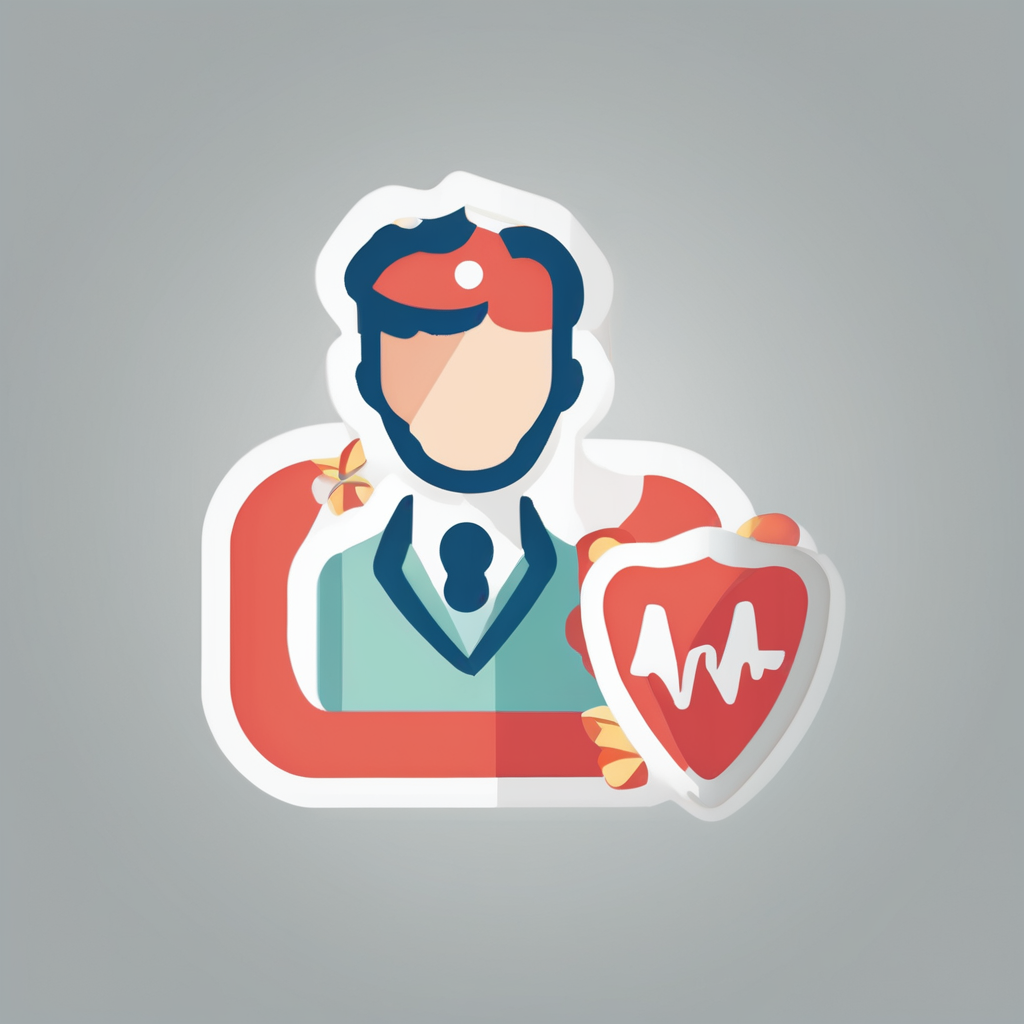Quick guide to finding trustworthy UK healthcare resources online
Simple steps for seniors seeking reliable health information
When searching for UK senior healthcare online, it’s crucial to identify websites that provide trusted health info seniors can rely on confidently. The first step is to check if the health website has verified sources, meaning the content is supported by recognised medical institutions or government bodies in the UK. This not only ensures accuracy but also relevance to UK healthcare standards.
In the same genre : How Can Seniors in the UK Enhance Their Mental Well-Being Through Social Engagement?
Another essential criterion is the up-to-date content. Reliable health websites UK regularly review and update their articles to reflect the latest medical research and guidelines. Outdated information may lead to incorrect advice or confusion, so always look for visible publication or revision dates.
Official backing also plays a pivotal role. Websites affiliated with the NHS or well-known UK health organisations typically maintain high standards for their content. For seniors, using UK-specific health resources means the advice and services described align with local health policies and available treatments, making the information more practical and actionable.
Also read : What Are the Biggest Health Challenges Faced by Seniors in the UK?
Focusing on websites that meet these criteria can dramatically improve the quality of health information seniors access online, supporting better decision-making and wellbeing.
Recommended reputable healthcare websites and organisations for UK seniors
When seeking reliable health information, NHS website (nhs.uk) is the cornerstone for UK seniors. It offers comprehensive, up-to-date guidance on conditions, treatments, and wellness advice approved by medical professionals. Navigating nhs.uk provides seniors with clear explanations tailored to common health concerns and links to local NHS services.
Age UK health resources complement this by focusing specifically on issues affecting older adults. Age UK delivers practical advice about managing long-term conditions, maintaining mental well-being, and accessing social care. Their charity-led approach emphasizes empathy and accessibility, ensuring seniors receive trustworthy support aligned with their needs.
Other UK senior health support avenues include official government platforms such as GOV.UK, which houses public health updates and social care information relevant to older people. Local health authorities also offer region-specific services and programmes, providing another layer of trusted assistance.
Together, these organisations form a robust network that empowers seniors to make informed decisions about their health with confidence and clarity.
How to avoid healthcare misinformation and online scams
Navigating the internet for health advice requires vigilance, especially in the UK, where avoiding health misinformation is crucial for making informed decisions. Misleading websites often mimic legitimate healthcare sources but spread false or outdated information. To protect yourself, always check the website’s credentials, look for recognized symbols such as NHS endorsements, and verify the author’s expertise.
For online health scams targeting seniors, it is essential to be cautious of unsolicited messages promising miracle cures or asking for personal data. Seniors should be encouraged to consult trusted family members or healthcare professionals before acting on such information.
A reliable checklist for digital safety in healthcare includes verifying URLs for secure connections (look for “https”), avoiding clicking on suspicious links, and never sharing sensitive medical information on unverified platforms. Regularly update security software and use strong, unique passwords to protect your personal health data.
If you encounter suspicious UK healthcare sites, report them to authoritative bodies like the UK’s Medicines and Healthcare products Regulatory Agency (MHRA) or Action Fraud. Prompt reporting helps protect others and contributes to a safer online environment for everyone seeking healthcare information.
Navigating official healthcare portals: practical tips for seniors
Navigating the NHS website can be intimidating for many seniors, but with a few practical tips, using online health services in the UK becomes much easier. First, enhancing digital literacy among seniors is crucial to confidently access these resources. Start by visiting the NHS website’s homepage, where clear menus guide users to vital services such as appointment booking and prescription management.
To register with a GP online, seniors should locate the “Register with a GP” section on the NHS website. This process typically involves filling out straightforward forms with personal details and proof of address. Once registered, booking appointments online becomes simple: choose your GP practice, select a suitable date and time, and confirm your appointment directly through the portal.
Accessing personal health records is another powerful feature. Seniors can view test results, vaccination records, and medical history securely by signing into their NHS account. Prescription management is equally straightforward through these portals, allowing users to request repeat prescriptions without needing to call or visit their GP.
By practicing these steps, seniors improve their digital literacy and gain full advantage of online health services UK-wide—empowering them to manage their health conveniently and independently.
Frequently accessed healthcare topics explained for UK seniors
Understanding common health topics seniors UK face is essential for maintaining wellbeing. Medication management tops the list, as many seniors juggle multiple prescriptions. Proper adherence to prescribed medication schedules helps avoid complications and hospital visits. Seniors managing health online can use digital reminders or apps to keep track of dosages easily and safely.
Chronic conditions such as arthritis, diabetes, and heart disease are prevalent among UK seniors. Knowing symptoms, monitoring changes, and seeking timely GP advice are key steps in controlling these illnesses. Online resources and NHS guidelines offer clear UK health advice seniors trust for managing these conditions effectively.
Vaccinations are another critical area of attention. Seniors should stay updated with flu, shingles, and pneumonia vaccines to protect against common infections. Many local clinics and pharmacies provide easy access to these vaccines, with information readily available on official NHS platforms.
Mental health and wellbeing are equally important. Trusted sites provide support for issues like depression or anxiety, which can be more common in older adults. These portals offer accessible advice on coping strategies and where to seek professional help.
For seniors needing assistance with daily living, knowing where to find help with care needs, mobility, and home adaptations is vital. Local councils and healthcare providers often offer assessments and guidance to improve safety and independence at home. Seniors managing health online can explore these options and request support while staying informed through verified UK health advice seniors acknowledge.
Digital literacy tips for safer and easier online healthcare browsing
Helping seniors develop digital skills is essential for accessing reliable healthcare information safely. To start, teaching basic internet skills for seniors is vital. This includes showing how to effectively use search engines to find trustworthy health resources. Seniors should learn to recognise secure websites by checking for HTTPS in the URL and looking for padlock icons, which signify encrypted and safer connections. These steps reduce the risk of encountering fraudulent or misleading medical content.
Support for digital learning is readily available through multiple trusted sources. Local libraries often offer free workshops tailored to digital skills seniors healthcare needs, making them an accessible starting point. Age UK classes provide structured guidance, focusing on safe internet use for seniors, while NHS digital guides break down complex topics into simple, clear instructions. Using these resources can empower seniors, improving their confidence when browsing online health information.
Carers and relatives play a crucial role in enhancing the online experience of elderly loved ones. They can assist by setting up bookmarks to reliable healthcare sites and demonstrating how to avoid common online scams. Regularly reviewing browsing habits with seniors helps ensure safe internet use for seniors while encouraging their independence. Together, these strategies create a supportive environment where UK seniors online health help is both practical and effective.

